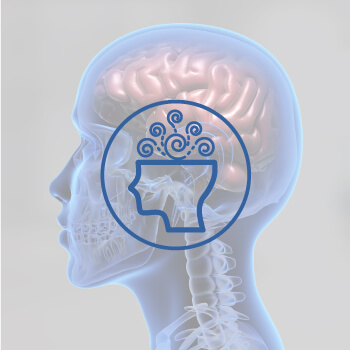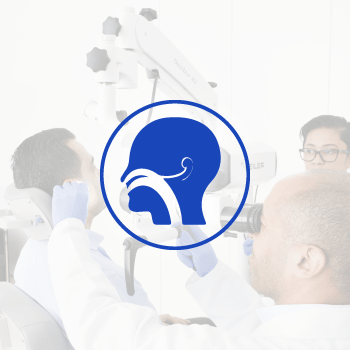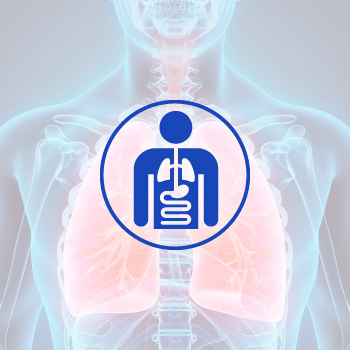HEARING LOSS
Hearing and Understanding
How do we actually hear?
Sound is a movement of air guided through the concha to the auditory canal. At the end of the auditory canal, the sound collides with the eardrum and makes it vibrate. The sound is then conveyed to the inner ear via the chain of auditory ossicles. Hair cells convert the movement there into electrical impulses, which are transmitted to the brain via the auditory nerve.
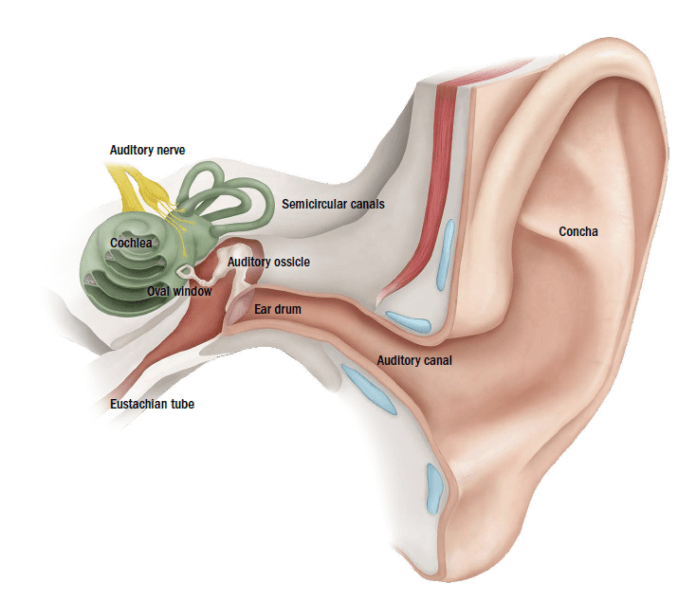
The brain processes what the ear picks up
Where does a sound come from, how loud is it, is it a word, and, if yes, what does it mean?
By the time we grow up, we are already listening from experience. We »block out« noise that we have learned is not important, such as continual background noises. But emotional significance also plays a role. The gentle sobbing of a baby will wake mothers from the deepest sleep although other, louder noises may not disturb them.
Our speech comprehension depends on the extent to which we learn a language. After all, auditory comprehension is not the job of the ear, but rather of the brain.
Everything that the brain does, needs practice.
Hearing loss risk factors in newborn
Risk factors for hearing loss could be genetically triggered, appear during pregnancy and develop even after birth. Babies who have a normal hearing at birth could develop hearing loss later on. There should be diligent surveillance of all infants who fall under risk factors and timely reporting, referral and follow up are crucial. Joint committee of infant hearing has listed the risk factors for hearing loss as follow:
- Family history of hearing loss which could be early, progressive or delayed in onset
- Hyperbilirubinemia
- Hypoxia
- Asphyxia
- Usage of ototoxic drugs like aminoglycosides
- Stay in NICU for more than 5 days
- Mother infected by Rubella, Cytomegalovirus, Herpes, Syphilis, Toxoplasmosis, Zika
- Craniofacial abnormalities like microtia, atresia, dysplasia, hypoplasia, oral or facial cleft etc.
- Temporal bone abnormalities
- Congenital microcephaly
- Congenital or acquired hydrocephalus
- Post natal culture positive infections
- Event related hearing loss like basal skull or temporal bone fractures followed by head trauma, chemotherapy
- Enlarged vestibular aqueduct
- Over 400 syndromic conditions like Down syndrome, Treacher- Collins syndrome, Waardenburg syndrome, Usher syndrome, Pendred syndrome, Charge syndrome, Klippel-Feil syndrome etc.
Recognize hearing loss
Relaxed hearing improves the quality of life
Others are usually the first to realize that someone can’t hear like they used to. Family members and friends notice that you have to ask people to repeat themselves more often, speak unusually loud on the telephone, or have the television so loud that the whole neighborhood can hear it.
Now is the right time to do something about it
The severity of the hearing difficulty can be represented in an individual tone audiogram. This is done by measuring the hearing threshold for different frequencies. In other words, it is the lowest volume at which you can hear a tone. The severity of hearing reduction can then be determined depending on how low this hearing threshold is. People often do not hear all frequencies equally well or equally badly: Hearing loss is frequency-dependent. This also explains why you often don’t even notice the first signs of hearing loss yourself.
Not sure?
Find out whether you suffer from hearing loss
Of course this test is no substitute for an in-depth conversation with your hearing systems specialist. However, if you answer »Yes« to more than three questions, it may be an initial indicator that you have some degree of hearing loss.








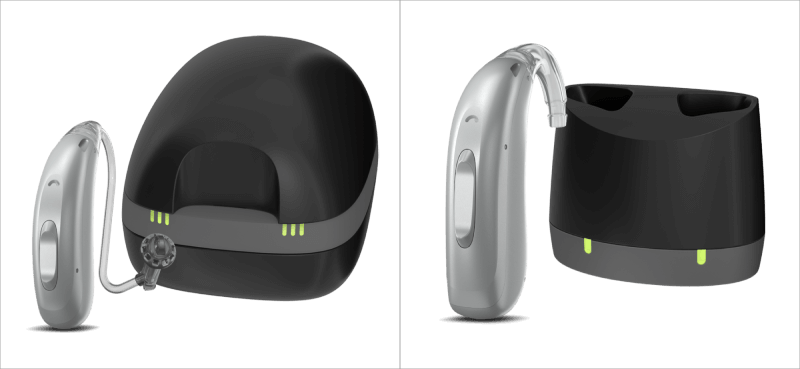
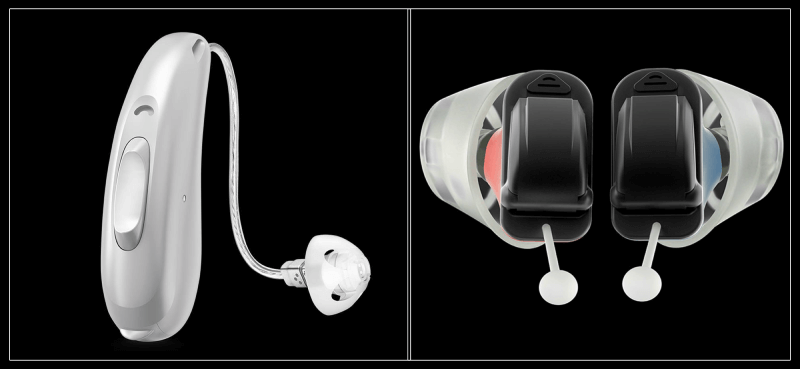
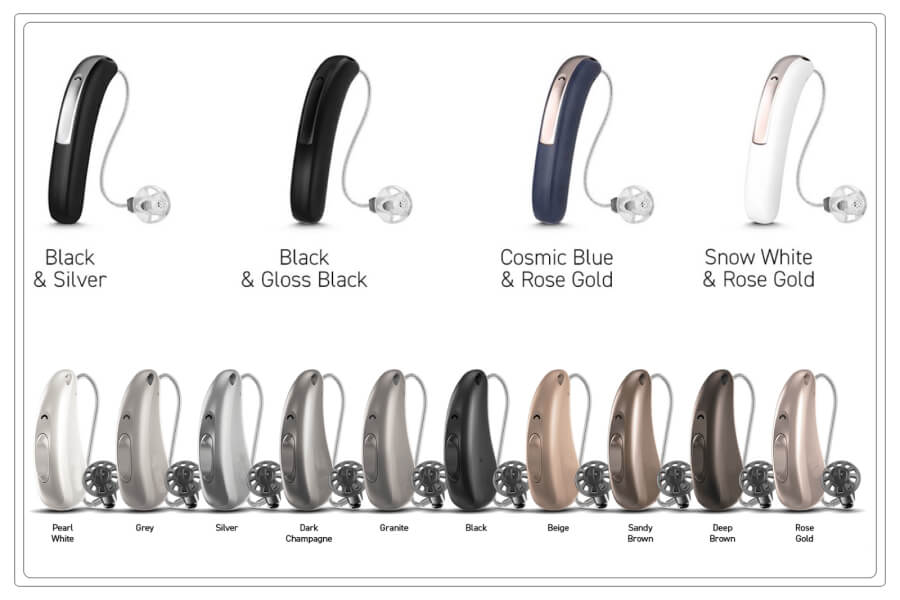

 أنقر هنا
أنقر هنا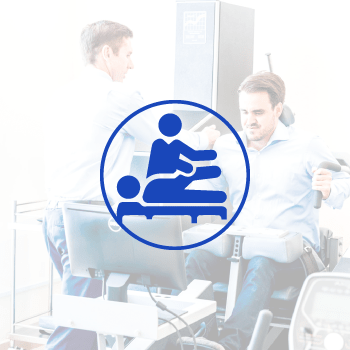 أنقر هنا
أنقر هنا
